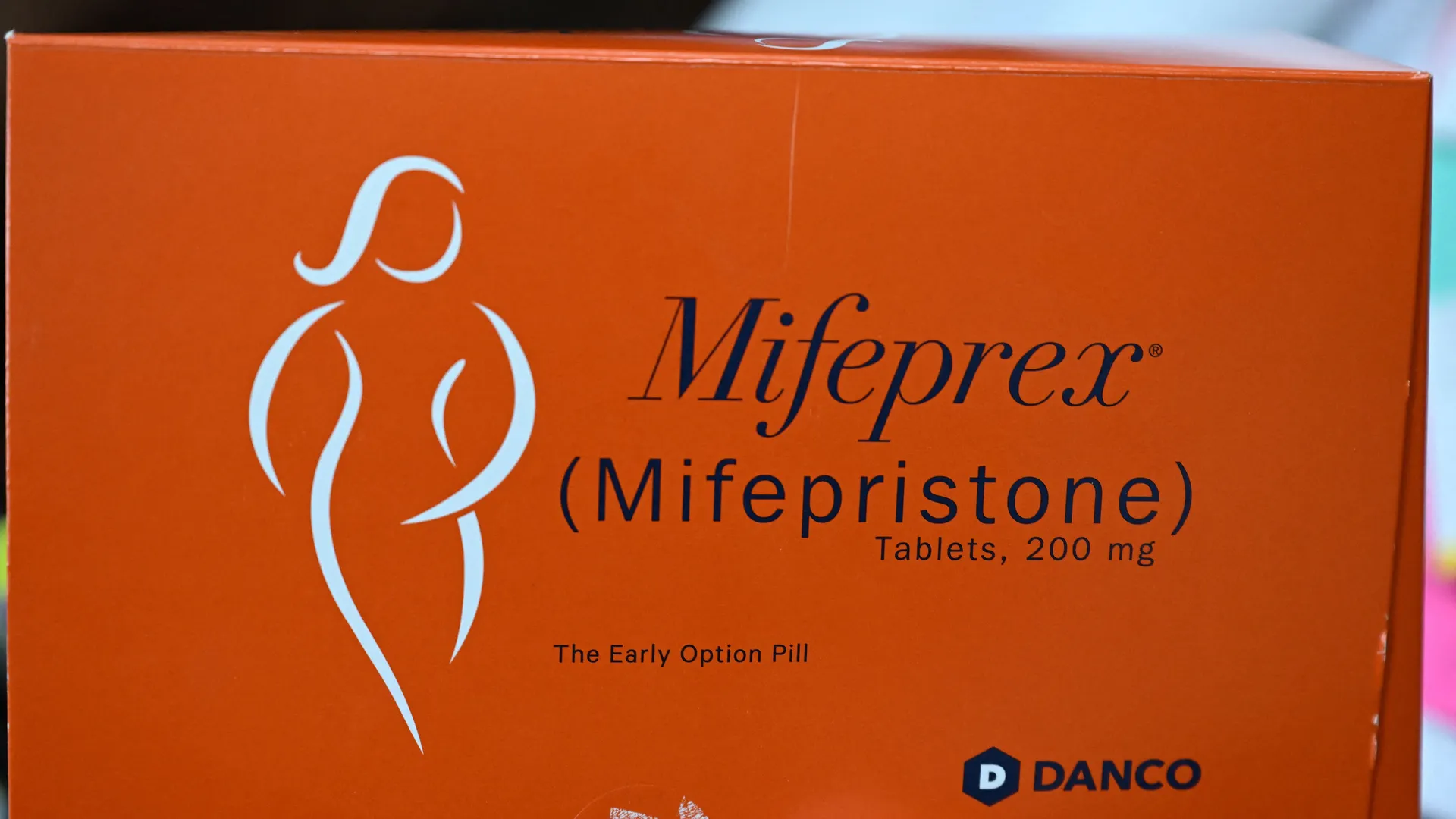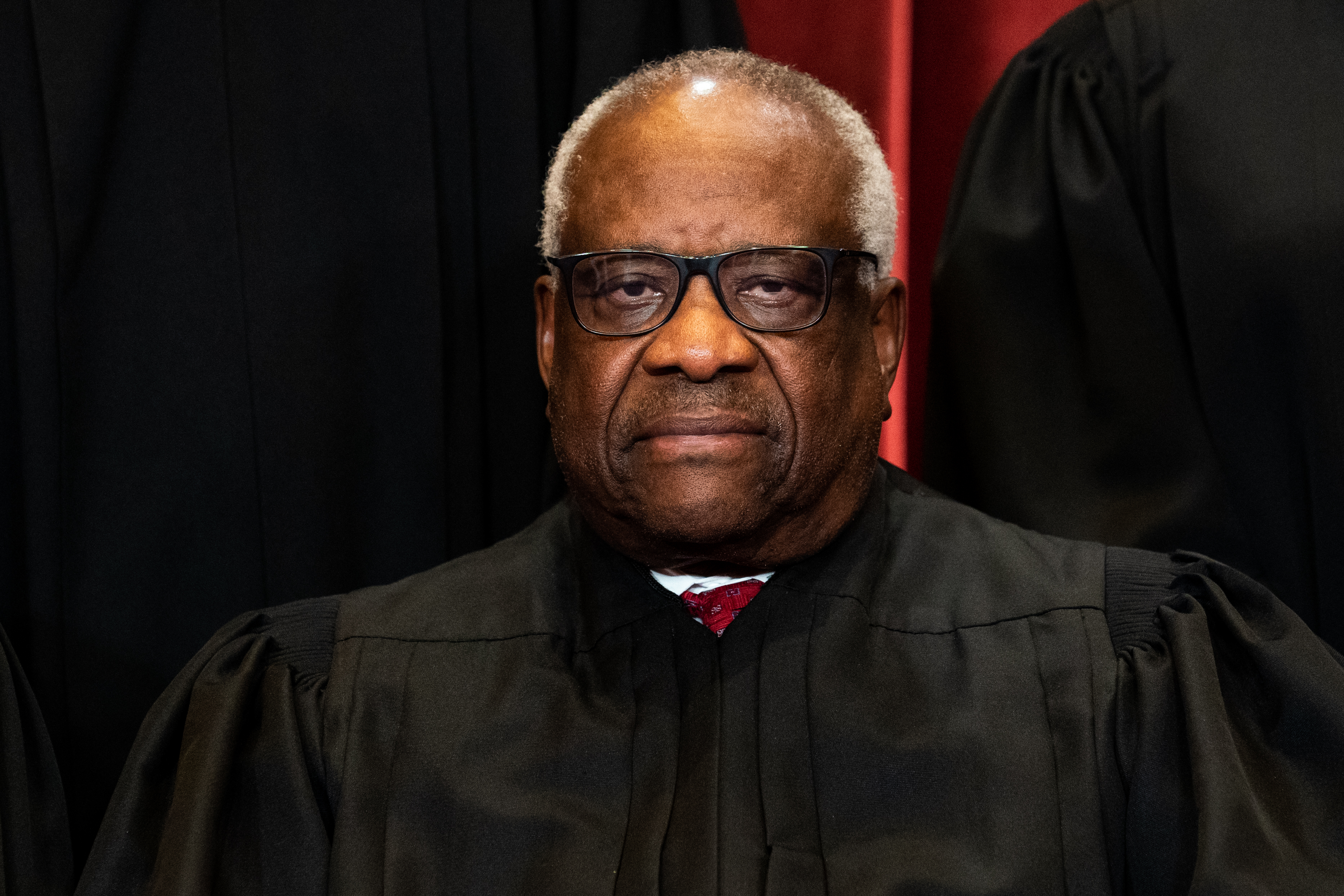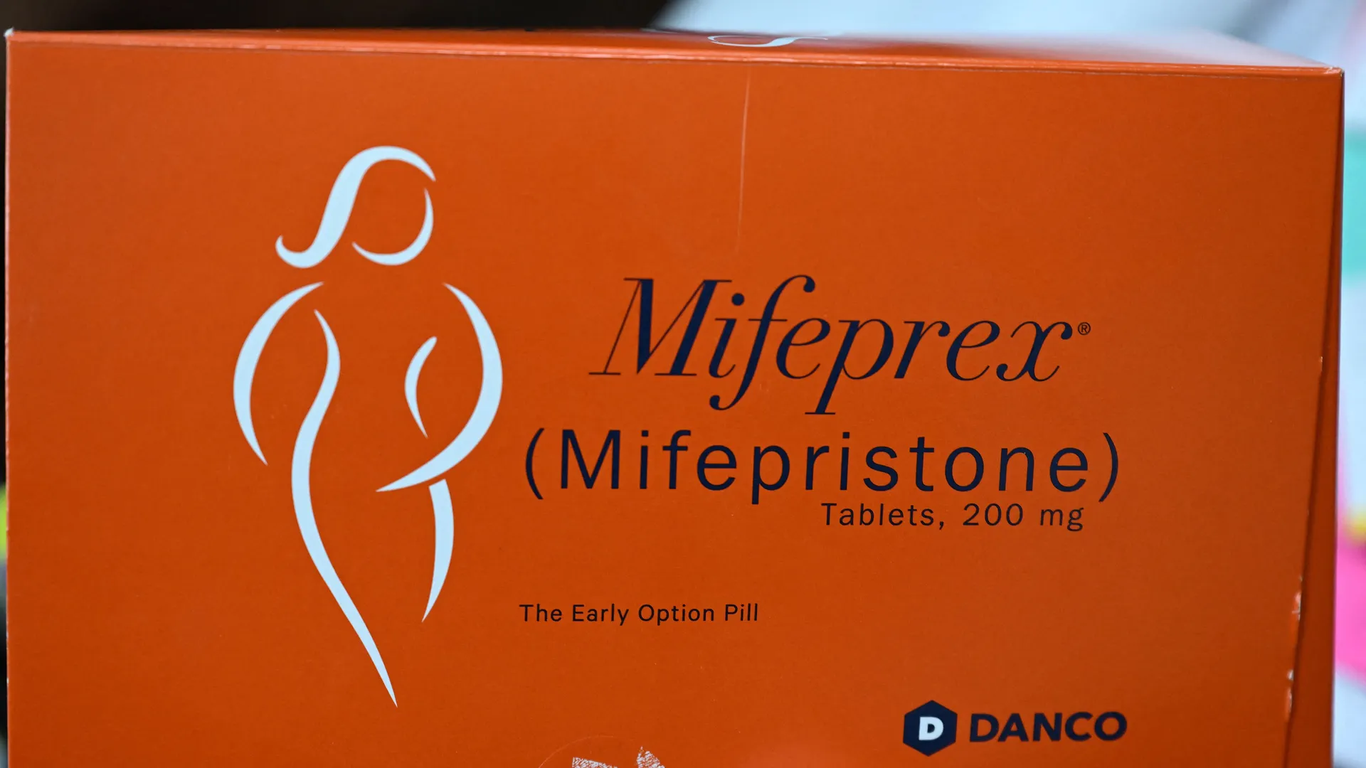In a significant decision for reproductive rights, the Supreme Court unanimously ruled to preserve access to mifepristone, a medication used in nearly two-thirds of all abortions in the United States. The ruling came after a challenge from anti-abortion doctors who argued that the Food and Drug Administration (FDA) had overstepped its bounds when it approved the drug.
The case, which was closely watched by both sides of the abortion debate, hinged on whether the plaintiffs had standing to bring the challenge. In a concurring opinion, Justice Clarence Thomas questioned whether the court should revisit a 47-year-old ruling that allows associations to sue on behalf of their members.
The decision was welcomed by abortion rights advocates who had been preparing for contingencies in case access to mifepristone was restricted. The medication, which is one of two prescription drugs used for medication abortions, accounts for 63% of all abortions in the US.
Despite the court's decision, the fight over abortion rights is far from over. Access to reproductive healthcare may hinge on the outcome of the 2024 election, as a new administration could use federal laws to ban all abortion nationwide. More than 6 million people have used mifepristone since it was approved by the FDA nearly 25 years ago.
The Justice Department celebrated the Supreme Court's decision, with Attorney General Merrick Garland stating that the department would continue to 'protect and advance reproductive freedoms under federal law.'
Providers of abortion services had been stockpiling mifepristone and preparing alternative drug regimens in case it became unavailable. The court's decision means none of that is necessary, at least for now.





